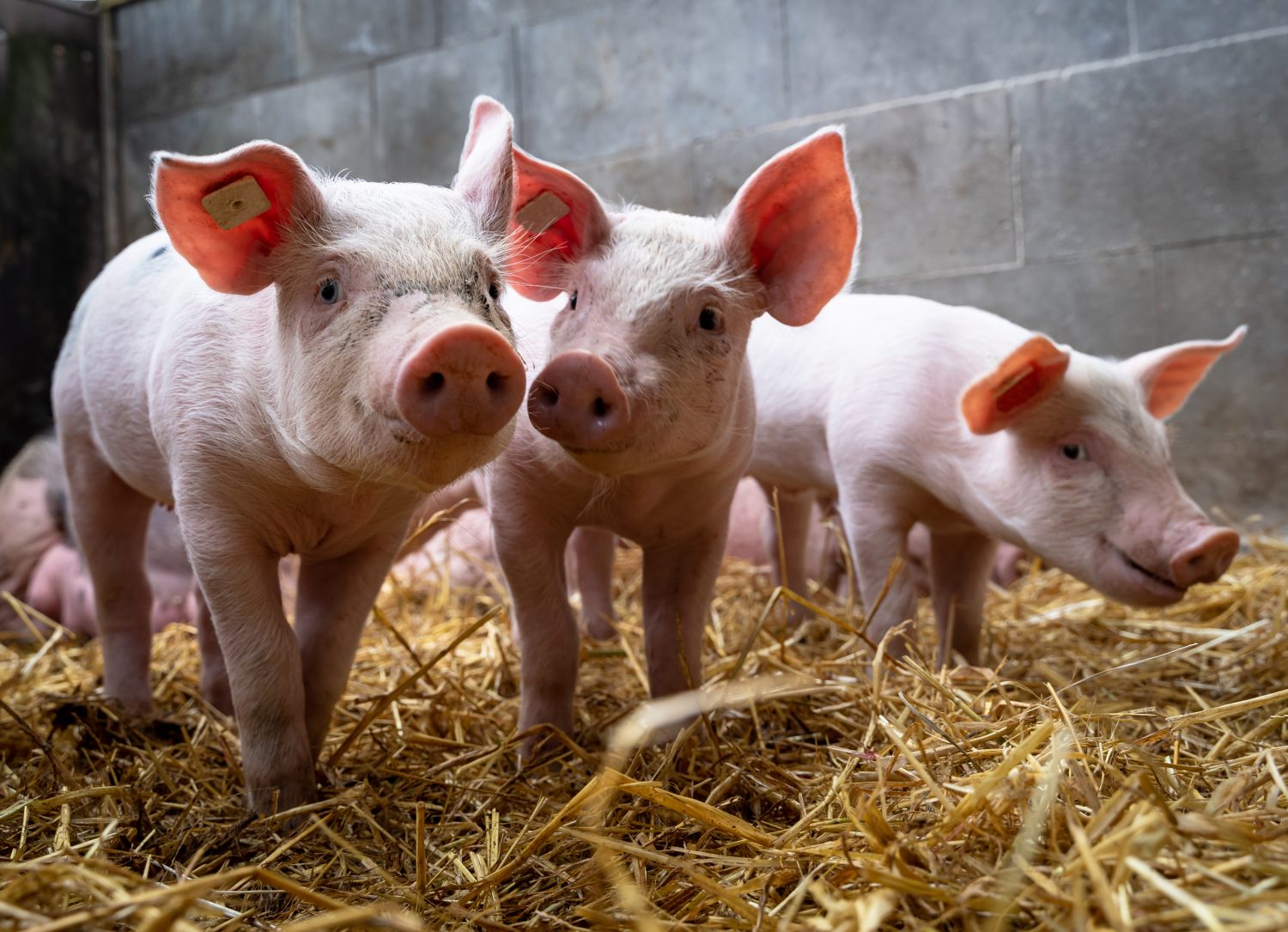« Le service vétérinaire australien est en alerte après l’apparition de nouveaux variants de la peste porcine africaine, dont l’un, selon un médecin australien, aurait pu émerger à cause d’un vaccin illégal. Cette nouvelle est préoccupante puis qu’il n’existe officiellement à ce jour aucun vaccin contre la peste porcine africaine. Voilà pourquoi les autorités australiennes ont appelé à redoubler la vigilance dans leurs contrôles vétérinaires lors des importations, notamment en provenance de la Chine, pour éviter que ces variants puisse contaminer l’industrie porcine locale.
Dans ce contexte, nous aimerions poser les questions suivantes à Monsieur le Ministre de l’Agriculture, de la Viticulture et du Développement rural :
– Est-ce que ce nouveau variant de la peste porcine africaine a déjà été détecté en Europe ?
– Dans la négative, quelle est la probabilité que ce variant puisse apparaître en Europe ?
– Est-ce que la viande de porc issue des pays asiatiques, notamment de la Chine, est largement importée par l’Europe ?
– Dans l’affirmative, est-ce que des États européens ont d’ores et déjà appelé à une vigilance accrue concernant les contrôles des importations de viande de porc issues d’Asie ?
– Est-ce que de la viande de porc d’Asie est importée au Luxembourg via l’aéroport du Findel ?
– Dans l’affirmative, est-ce que l’Administration des Services Vétérinaires luxembourgeoise a demandé à ce que ces importations soient contrôlées spécifiquement quant à la présence de ce nouveau variant de grippe porcine africaine ? »






